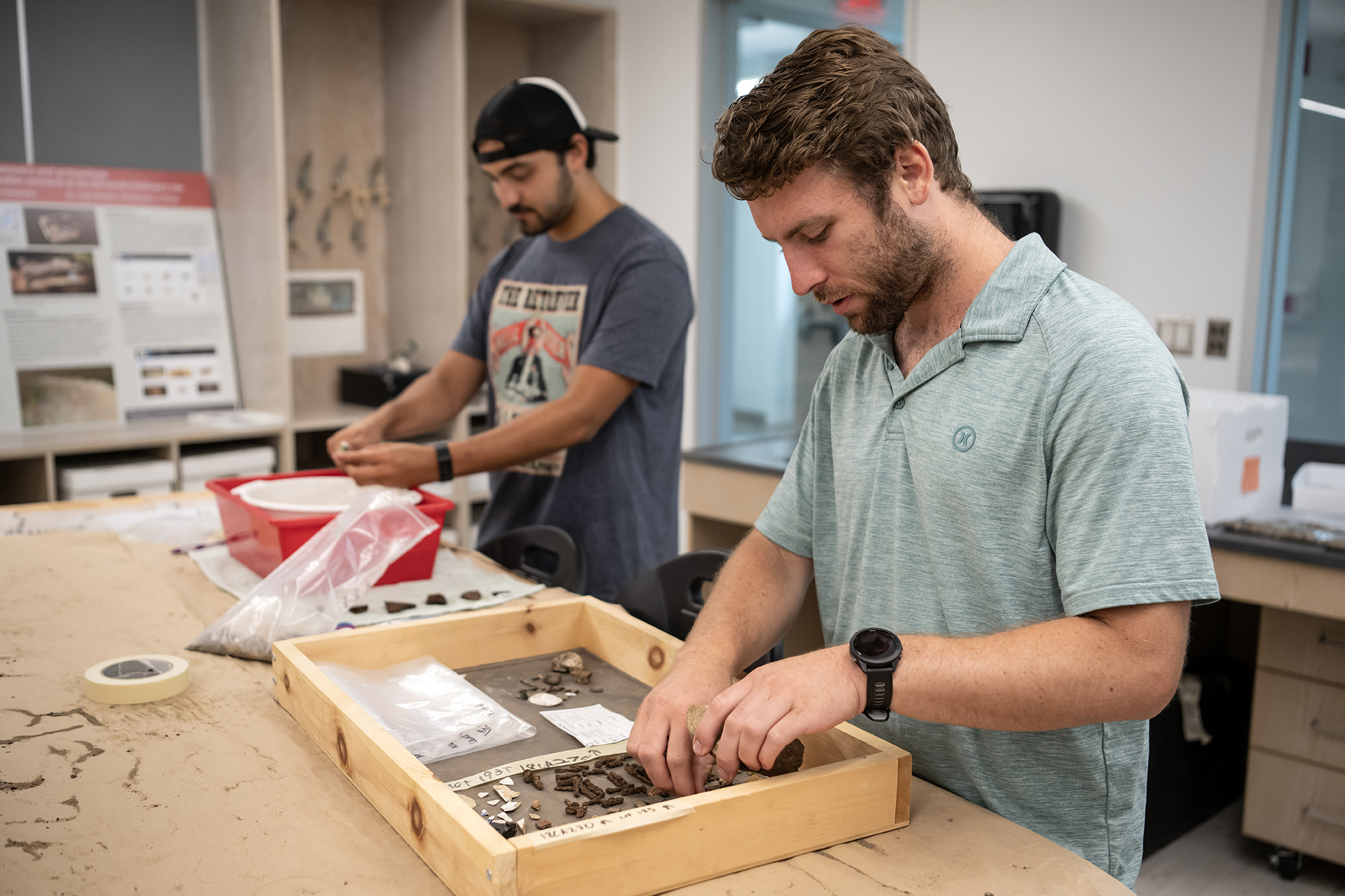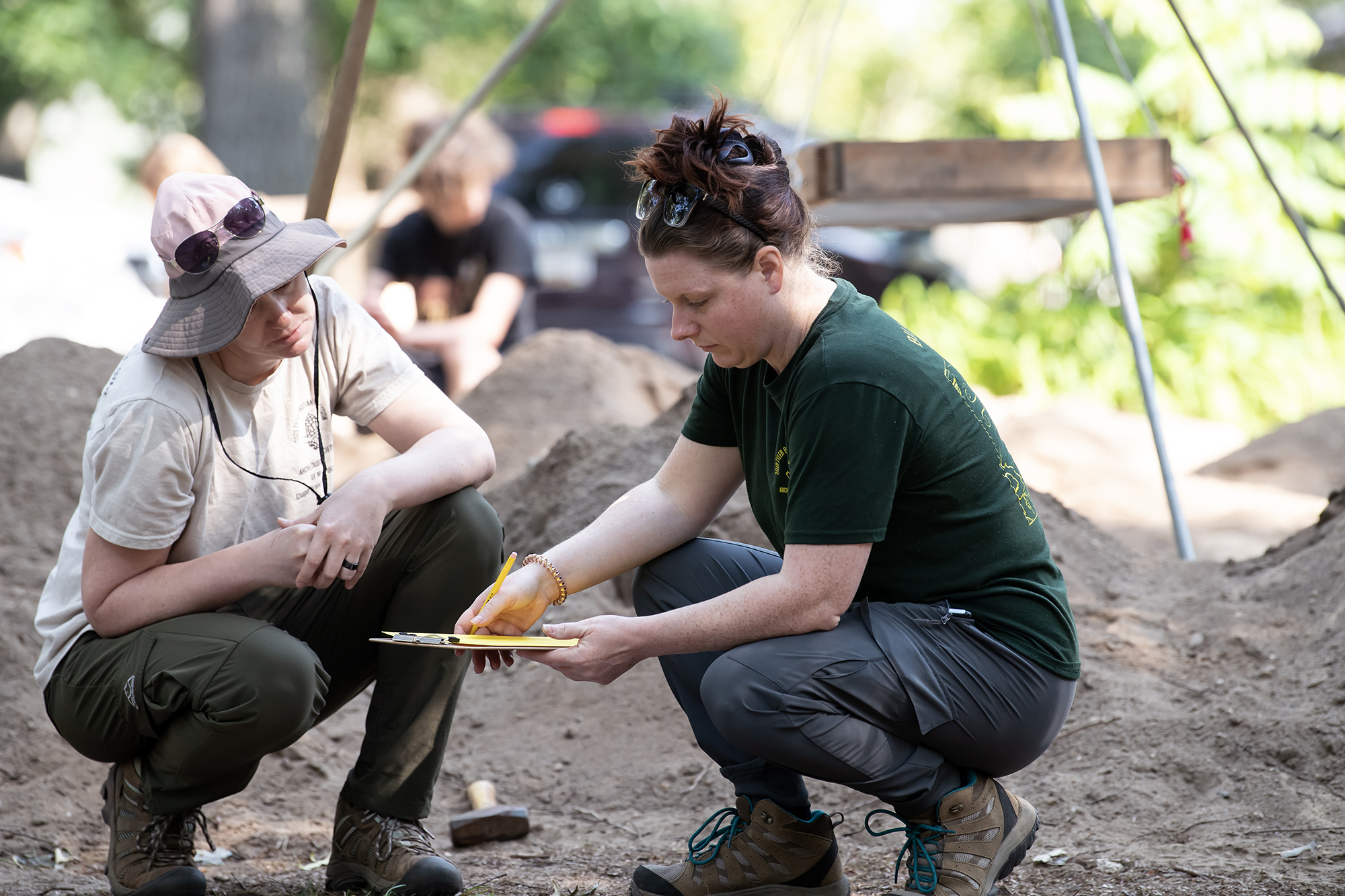
Anthropology Major
If you want to better understand people from around the world, their culture, and
how they interact with each other and their natural environment, anthropology is a
great subject to explore. Anthropology not only teaches us about the past but can
also help shape the present as we look toward the future. Our anthropology major is
particularly well-suited for those interested in the environment, social justice,
museums, heritage, archaeology, and diverse cultures.
At Washington College, we take a holistic approach to understanding different lives
and cultures through the systems they use to govern their lives and the perspectives
they have on the world. Anthropology is the study of people through time to the present
day, looking at the complex variety that exists between different groups of people.
Majoring in anthropology, you will better understand how people see and think about
their world and engage with one another and the environment, in many different times
and places. Environmental problems are human problems, with social, political, and
economic systems impacting the way we engage with the environment. You will also understand
the interconnectedness of our contemporary global society while understanding that
people have always been connected globally.
From your first course in the major, you will engage in field work. Courses are discussion-based,
with students presenting their work, ideas, and perspectives as part of the discourse.
Our faculty are dedicated to hands-on learning and are open to providing independent
studies for continued, intentional independent research. Your practical skills will
be put to the test in your final year as you complete a Senior Capstone Experience
(SCE), a year-long independent research project. The final form of that project could
be a traditional thesis or take a more creative form like a film, museum exhibit,
report, or more.
The anthropology major is flexible, making it easy to double major or minor in another
area of interest. That flexibility also makes it possible to participate in a semester-
or year-long study abroad, or to participate in a department-specific study abroad
opportunity in Cuba or Tanzania. Traveling within the United States as part of the
major is also common.

Oliver Hegglin '13
Zug, Switzerland“My four priorities, my four careers—nonprofit, military, academic and the private sector—provide me the opportunity to use what I've learned academically from Washington College and then at the Geneva Graduate Institute. Those four very different things are all connected through my interdisciplinary past, kickstarted at Washington College, which laid the foundation to have these different outlets in these different sectors. In the end, the skills and know-how is the same for each one. The only difference is how the information that I can provide and the skills I can provide are being used.”



